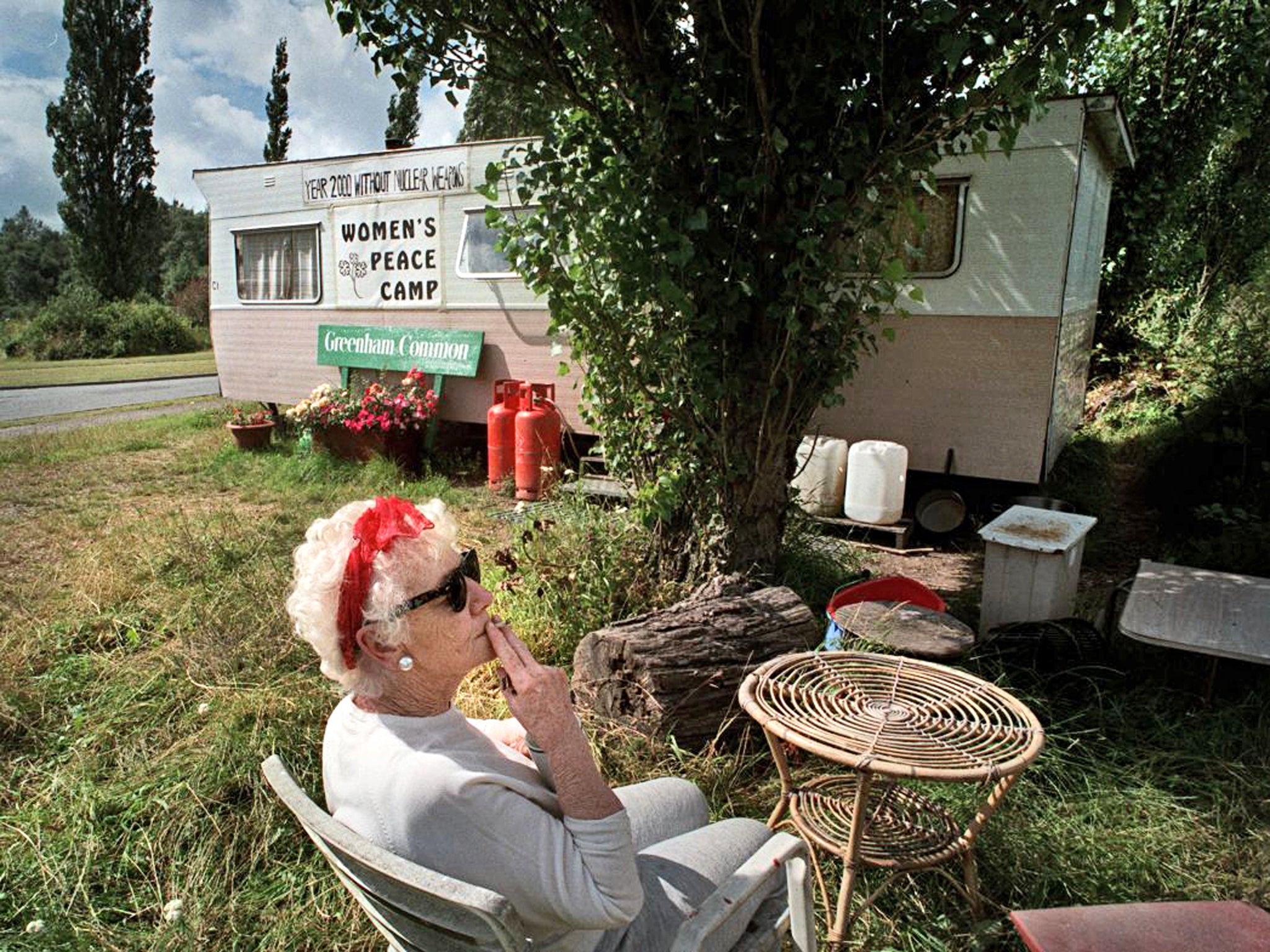Review: Out of Time: The Pleasures and the Perils of Ageing, By Lynne Segal
An engaging exploration of the brutal realities for yesteryear's feminists

The rock stars seem to be doing it well, thrashing their ageing limbs around the stage and calling up the memory of old favourites we shared at festivals long ago.
But what of the feminists? How are they confronting the advancing years? Lynne Segal’s Out of Time singles them out for particular attention and she is well qualified to do so. Arriving from Australia in 1970 she was drawn to the communal life of radical women. She went on the first International Women’s Day in March 1971 and remained political active in the cause. She has contributed importantly to the literature of gender studies – Is the Future Female? And Why Feminism? Gender, Psychology, Politics are among her works. If you have vested your ideas in the pursuit of a specific world view and lived your life accordingly, then how you address old age will be coloured by that perspective. Segal is the chronicler of how that feels.
Put briefly she is wary, anxious, bemused, fearful, challenged and still full of the alert intelligence that has fired her life. With a welter of references and quotations she surveys the panoramic view that books, poetry, memoirs give us. She begins in panic, moves to reconciliation and ends by recognising she will be her true inner self to the end, and that the purposeful pursuit of good in the world is what will sustain her.
But it is a rocky journey. The women’s movement set out to change the world from one in which most women were housewives and mothers to one of independence, respect and autonomy. They led the assault on the concept of the family, challenged male hierarchies and demanded equal rights. Their achievements are all around us and have shaped the country we live in. But, as Segal tells it, feminist women lost confidence as they aged and by their 40s and 50s grew to realise that the preoccupations they had deplored in others were stealing up on them. Concerns with the ageing body came to matter. They resented the fact that older women had been stereotyped as hags, witches, gorgons, and that contempt lingers. The idea of being invisible came as a shock to a generation who as feisty young women had liberated their bodies and celebrated their open sexuality. Now they looked in the mirror and saw their mothers’ faces reflected back at them. The dilemmas of ageing recur, except that the 20th century had seen life expectancy increase by 30 years. The decline from the beauty of youth will go on for longer.
Segal deals tenderly with the loss of desire and of being desired. “Stay young and beautiful if you want to be loved” she mentions the song twice. It obviously hurts. It hurts us all. Her only consolation is that it is worse for men: She quotes “the phallic bravado” of Philip Roth: “My God”, he thought “the man I once was...The force that was mine!” John Updike “Sex dies hard, even when the apparatus of sex fails.” Even Martin Amis on reaching forty: “Youth has finally evaporated, and with it all the sense of your own impregnability.”
That’s it, of course. Men in their prime felt all-powerful, impregnable. Women never did. So for them ageing comes more easily, more expectedly. What is not acceptable is to be blamed for the way things are today simply because one belongs to the older generation. Segal herself, acknowledges this risk and finally comes to wise conclusions about what she is seeking “ways of living a good life in old age”.
Having consulted and read widely (the multitude of references almost overburdens her prose) she recognises the value of living in the moment...the timeless present. She is even prepared to acknowledge the old enemy, the family, though in its diverse forms.
Segal, as she approaches her 70s, has found harbour in a relationship with a younger woman. Finally the old vigour and passion of the campaigner re-emerges “we can always try to retain and express compassion for the lives of others...so long as our ethical imagination survives we remain attached to the world.” In other words the inner self continues however the outer skin shrivels. We remain intrinsically ourselves but a self grown older and wiser with experience. That doesn’t sound too terrible, does it?
Order at the discounted price of £14.99 inc. p&p from Independent.co.uk/bookshop or call 0849 0600 030
Subscribe to Independent Premium to bookmark this article
Want to bookmark your favourite articles and stories to read or reference later? Start your Independent Premium subscription today.

Join our commenting forum
Join thought-provoking conversations, follow other Independent readers and see their replies